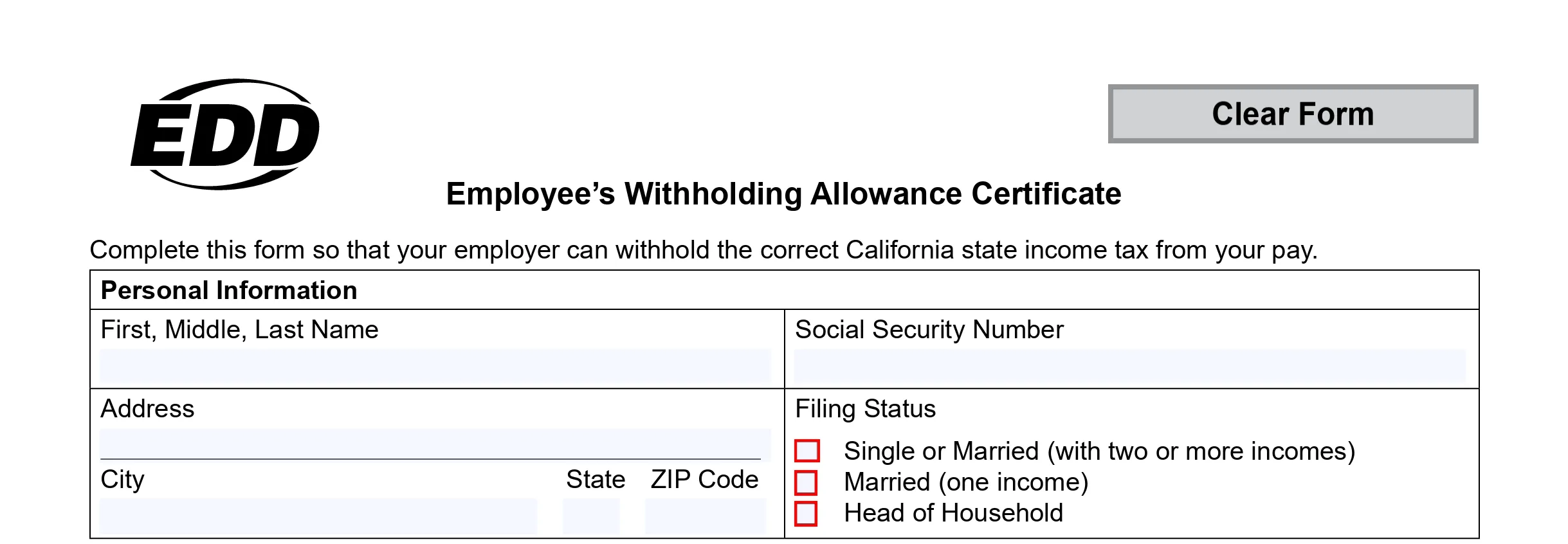Navigating Tax Season: A Step-by-Step Guide for Business Owners
Tax season can be daunting for both new and seasoned business owners. Understanding the process, key dates, and necessary documentation can alleviate stress and ensure efficient filing. This guide will walk you through each step to prepare you for tax season.

Step 1: Understand Key Dates
- January 31: Deadline to send W-2 and 1099 forms to employees and contractors.
- March 15: Deadline for S-Corporations and Partnerships to file.
- April 15: Deadline for individual and C-Corporation tax filings.
- September 15: Deadline for S-Corporations and Partnerships to file (if they filed an extension).
- October 15: Deadline for individual and C-Corporation tax filings (if they filed an extension).
Step 2: Gather Necessary Documentation
Collect all required documents early. This includes:
- Income statements (Profit & Loss reports)
- Balance Sheet
- List of Assets (Furniture, Equipment, Buildings, Improvements, etc)
- Expense receipts
- Payroll information
- Previous year's tax return
- Tax forms received (W2's, 1099-INT, 1099-DIV, 1099-B, 1099-C, etc)
Step 3: Choose the Right Filing Status
Determine whether your business will file as a sole proprietorship, partnership, S-corporation, or C-corporation. Each has different forms and tax implications.
Step 4: Deductions and Credits
Identify potential deductions like home office expenses, travel, and equipment costs. Don’t overlook credits such as those for energy efficiency or employment of certain populations.
Step 5: Consider Depreciation
For large purchases like equipment or vehicles, consider the benefits of depreciation. This can significantly reduce your taxable income.

Step 6: Use Reliable Accounting Software
Implementing robust accounting software can streamline the preparation of your financial statements, ensuring accuracy when you file.
Step 7: Consult with a Tax Professional
Even if you do your own taxes, consulting with a professional can provide valuable insights and potentially save you money.
Step 8: File On Time or File for an Extension
Ensure you file by the deadline. If you’re not ready, file for an extension to avoid penalties, but remember that an extension to file is not an extension to pay any taxes due.
Conclusion
With proper preparation and understanding, navigating tax season can be less stressful and more efficient. Start early, stay organized, and when in doubt, consult with a professional to ensure you meet all obligations and maximize potential savings.
Reminder Always stay updated with the IRS guidelines as tax laws can change, and new credits or deductions might be available each year.
Disclaimer: This blog is meant for informational purposes only and should not be considered as tax advice. Consult with a qualified tax professional or advisor for personalized guidance based on your specific situation.
Reach out to us today at [email protected], and let's work together to optimize your tax situation and financial well-being. Your journey towards a more tax-efficient future starts here.



